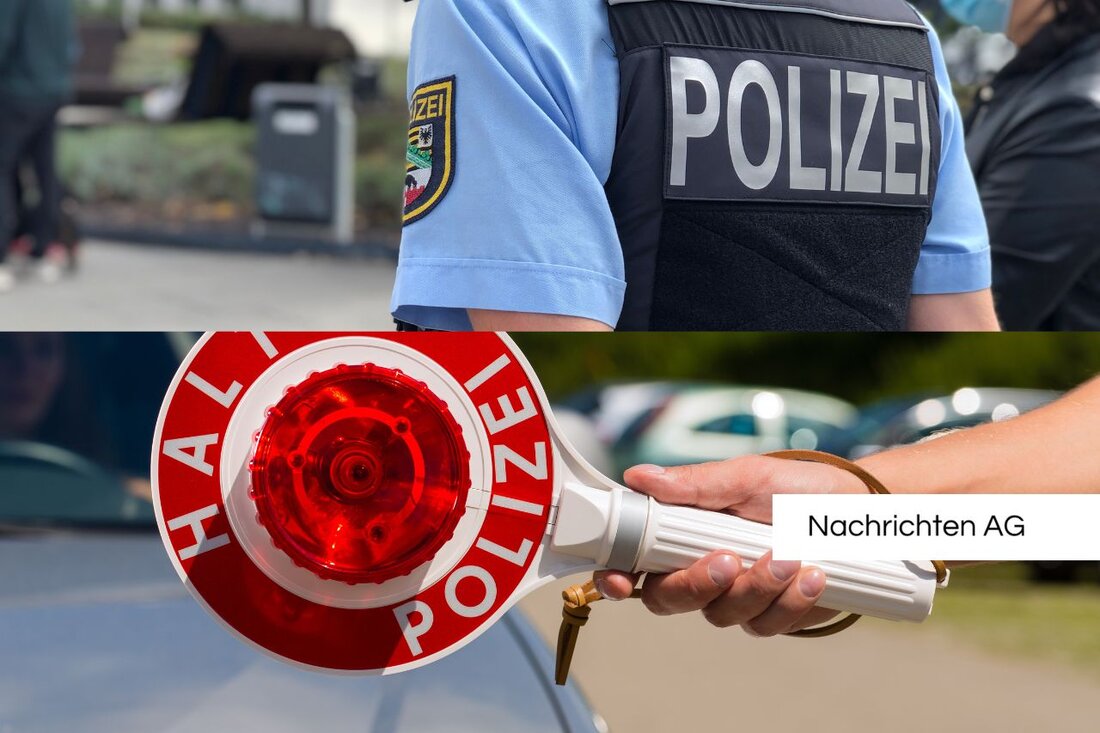Citizens' Council demands more trust: Media urgently reform!
Citizens' Council demands more trust: Media urgently reform!
The citizens of "Media and Democracy" recently met and formulated significant demands on the role of the media in a democratic society. In a session in which twenty representatives from various social areas took part, 50 resolutions . These results will be presented in June 2025 media managers, political decision -makers and the general public.
A central concern of the citizens' Council is the creation of trust in the media. The Council calls for more transparency in the media and the fulfillment of strict quality criteria. In addition, a higher degree of diversity in media content and structures is required. The resolutions also emphasize the need for media education, which is to be designed inclusive and multilingual. Public funds should therefore no longer flow in the form of advertisements, but should be used as grants to strengthen the variety of opinion and social participation.
claims and framework conditions
The citizens' council sees it as important that funding decisions will be made by independent expert councils in the future. Access to quality media must be improved in public locations in order to ensure greater reach and influence. In addition, more support for journalistic further training is required, both on the part of media policy and media houses. Expert from science and practice have significantly shaped the content for the consultations.
The date of the result presentation is for the 25. June 2025 at 6:00 p.m. in the press club Concordia , which further information is provided.
The role of the media in democracy
The question of the influence of media in democracy is of considerable importance. According to a report by bpb.de , the goal of democratic societies is to prevent prevailing opinion. Media and in particular journalism play a crucial role in opinion formation and contribute to the plurality of the votes in society. However, there is a risk that certain groups will receive excessive influence, which strives to regulate media policy.
The Broadcasting Treaty (RStV) defines prevailing opinion power and its control. In particular, the viewer share of 30% leads to the presumption of such dominance. The Commission to determine concentration in the media sector (KEK) plays an essential role here. A central point is the assessment of the effect of media on opinion formation, with different media have different types of influence.
Future media policy must take into account the cross-media potential for action, since online media in particular are becoming more important and changing the media landscape.
A look at the future
The discussion about the role of the media in democracy is further stimulated by the perspectives of experts such as political scientist Andrea Römmele from Hertie School Berlin . In discussions about the influence of Social Media and classic media, it becomes clear that understanding between different political camps is crucial. Initiatives such as "My Country Talks" by Hanna Israel, who brings people together with opposite political beliefs, are in the right direction to bridge the political fissures.
In summary, it can be said that the results and claims of the citizen council and the general considerations on media policy in Germany show a clear need for action. The path to a lively, pluralistic democracy requires an active and diversified media system that offers both the citizen: inside access to information and integrates various voices and opinions in discourse.For more information on this topic, the contribution is on the ARD Mediathek highly recommended.
| Details | |
|---|---|
| Ort | Presseclub Concordia, Wien, Österreich |
| Quellen | |


Kommentare (0)